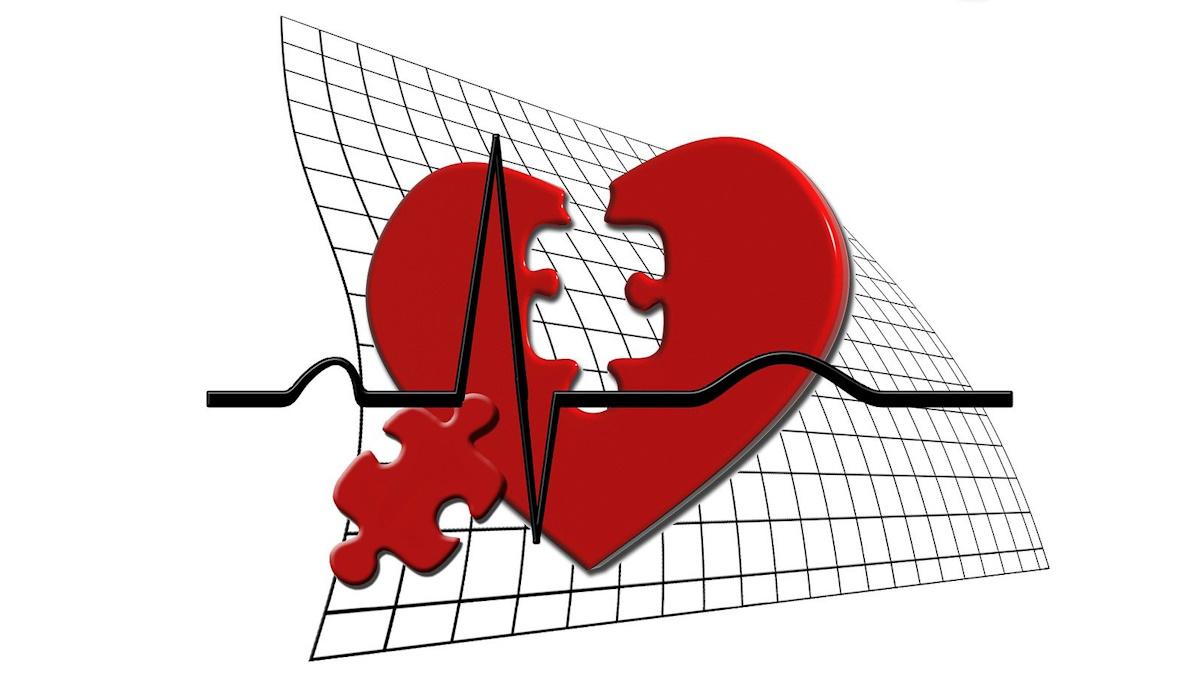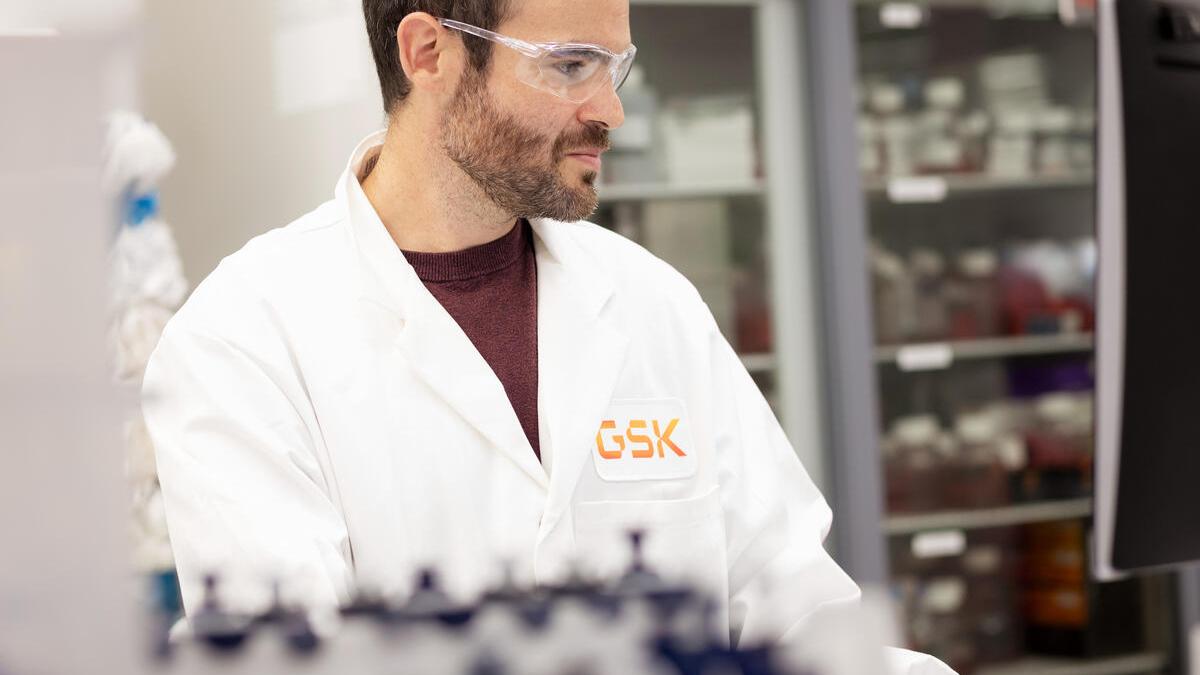NICE backs two AIs for remote heart failure monitoring

A pair of artificial intelligence algorithms from Boston Scientific and Medtronic can be used by the NHS to monitor heart failure patients with implantable devices, but two others from Biotronik and Abbott Medical have not passed muster.
The algorithms are designed to detect the early signs of worsening heart failure in people with CIEDs – pacemakers, implantable cardioverter defibrillators, and cardiac resynchronisation therapy devices – and send an alert to the care team.
Updated guidance from health technology assessment (HTA) agency NICE has concluded that Boston Scientific's HeartLogic and Medtronic's TriageHF diagnostics are "options for algorithm-based remote monitoring in people with cardiac implantable electronic devices (CIEDs) who have heart failure," provided they are used by specialist care teams.
Biotronik's HeartInsight can only be used in research studies for now, while further information is gathered, but Abbott's CorVue has been placed on the 'do not use' list as it does not gather as much information as the rival algorithms.
More research is also needed on HeartLogic, TriageHF, and HeartInsight for monitoring people with CIEDs who are at risk of developing heart failure, according to NICE.
The four algorithms were considered in the context of standard remote monitoring, in which devices wirelessly transmit data regularly to warn of any status changes. The AIs are layered over that data to try to spot changes more quickly and efficiently.
NICE's expert committee notes that wider availability of algorithm-based remote monitoring may allow greater access to care for people who are less able to attend in-person appointments.
"Evidence for HeartLogic and TriageHF shows that they can detect the signs of worsening heart failure that could lead to hospitalisation or an unscheduled clinic visit" in heart failure patients with CIEDs, according to NICE's guidance document.
There is some evidence that their use also leads to reduced hospitalisation compared to remote monitoring only, although registry data should be collected to confirm this, it says.
Evidence that the HeartInsight algorithm can detect worsening heart failure and prevent hospitalisations is "uncertain," and there is no data on its ability to reduce heart failure events. Meanwhile, clinical trial evidence suggests that CorVue fails to detect some signs of worsening heart failure and has a high rate of false-positive alerts, said NICE.
Around 920,000 people in the UK were living with heart failure in 2018, with an estimated 200,000 new diagnoses each year. According to a recent British Medical Journal paper, there are currently half a million people in the UK with CIEDs and more than 40,000 new implants per year.
Image by Gerd Altmann from Pixabay












